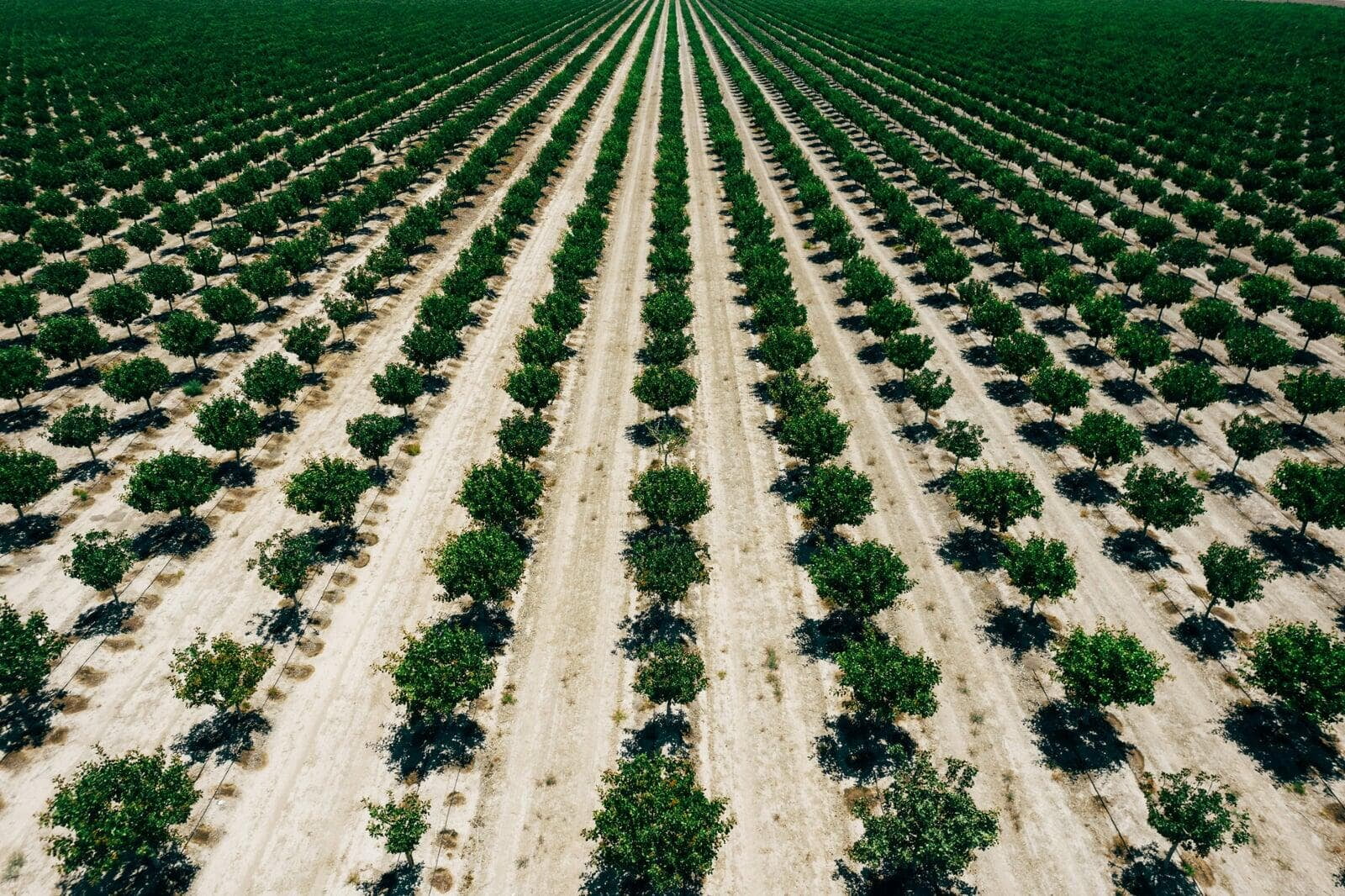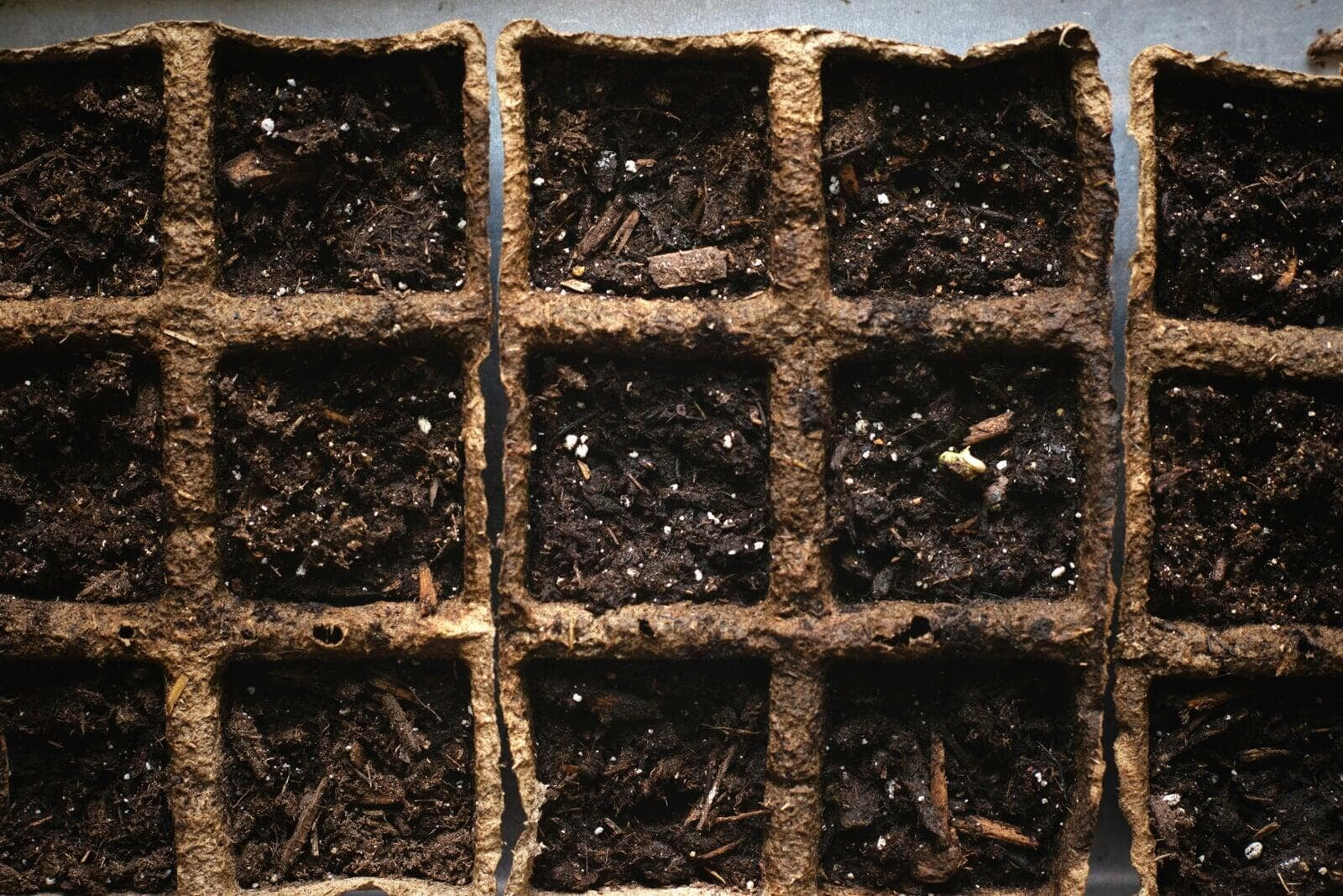Soil Solutions: Mitigating Climate Change with Organic Fertilizers
As the world grapples with the escalating effects of climate change, agriculture remains a critical piece of the puzzle. One of the most underappreciated solutions lies beneath our feet—soil. More specifically, healthy, carbon-rich soils can play a pivotal role in reducing greenhouse gas emissions and mitigating climate change. Organic fertilizers offer a powerful method for enhancing soil health while contributing to a more sustainable and resilient agricultural system. This blog explores how organic fertilizers are vital in the fight against climate change by fostering carbon sequestration, reducing reliance on synthetic fertilizers, and improving soil biodiversity.

The Role of Soil in Climate Change
Soil is a vast carbon reservoir containing three times as much carbon as the atmosphere. Through carbon sequestration, soil can store carbon dioxide (CO2) absorbed by plants during photosynthesis and hold it in organic matter. However, poor agricultural practices such as over-tilling, excessive use of chemical fertilizers, and deforestation have led to soil degradation, releasing large amounts of stored carbon into the atmosphere.
This is where organic fertilizers come in. Unlike synthetic fertilizers, which can further degrade soil structure and microbial life, organic fertilizers work with nature to improve soil health, enhance its carbon-storing capacity, and reduce harmful emissions.
How Organic Fertilizers Enhance Carbon Sequestration
Organic fertilizers comprise natural materials like compost, manure, and plant residues. When applied to the soil, they contribute organic matter, which feeds soil microbes and promotes the development of humus—a stable form of carbon that remains locked in the soil for long periods.
Organic Matter: The Building Block of Healthy Soil
The organic matter added by organic fertilizers is critical in carbon sequestration. By feeding soil microbes, organic matter helps build soil structure, increasing the soil's ability to capture and store carbon. Over time, this reduces CO2 levels in the atmosphere and improves soil fertility and resilience to climate change.
Moreover, organic fertilizers help prevent soil erosion—a key factor in releasing stored carbon. By improving soil structure, organic matter increases the soil's ability to retain water and resist erosion, reducing the likelihood of carbon loss.
Key Benefits of Organic Fertilizers for Carbon Sequestration:
Add organic matter to the soil, increasing its carbon-storing potential.
Improve soil structure, preventing erosion and carbon loss.
If you're looking to boost soil health and play a part in reducing carbon emissions, you can Buy organic fertilizers to enhance your farm or garden’s sustainability. Choose from various organic products that align with your soil's specific needs.
Reducing Synthetic Fertilizer Dependence: A Climate Necessity
While effective at increasing crop yields, synthetic fertilizers come with significant environmental costs. Their energy-intensive production requires large amounts of fossil fuels, which contribute to greenhouse gas emissions. The manufacture of synthetic nitrogen fertilizers alone accounts for approximately 1.2% of global CO2 emissions.
Moreover, the overuse of synthetic fertilizers often leads to nutrient leaching and runoff, which can contribute to water pollution and the release of nitrous oxide (N2O)—a potent greenhouse gas with 298 times the global warming potential of CO2. On the other hand, organic fertilizers reduce the need for synthetic inputs and help mitigate these harmful effects.
The Efficiency of Organic Fertilizers
One of the main advantages of organic fertilizers is their slow-release nature. Unlike synthetic fertilizers that provide a quick but short-lived boost of nutrients, organic fertilizers break down gradually, feeding plants and soil microbes over time. This slow-release property helps prevent nutrient leaching and reduces the risk of N2O emissions, making organic fertilizers a more climate-friendly choice.
Farmers and gardeners can reduce synthetic fertilizer use by relying on organic fertilizers, reducing their carbon footprint and contributing to more sustainable food production systems.

"Healthy soils are the foundation of sustainable agriculture and an essential part of the solution to climate change."
Enhancing Soil Biodiversity: A Path to Resilience
Soil is not just a passive medium for growing plants—it’s a dynamic ecosystem teeming with life. Healthy soils are home to billions of microorganisms, such as bacteria, fungi, and earthworms, all playing crucial roles in nutrient cycling, water retention, and carbon sequestration. Organic fertilizers help support this complex web of life by providing the nutrients and organic matter that soil organisms need to thrive.
Organic Fertilizers and Microbial Life
Introducing organic fertilizers into the soil stimulates microbial activity, essential for breaking down organic material and releasing nutrients. This microbial activity improves soil fertility and enhances the soil's ability to store carbon. Research shows that soils with high microbial diversity can sequester more carbon and are more resilient to environmental stresses such as drought and extreme temperatures.
In contrast, the overuse of synthetic fertilizers can disrupt this delicate balance, reducing microbial diversity and compromising the soil’s ability to sequester carbon. By using organic fertilizers, we can protect and enhance soil biodiversity, making agricultural systems more resilient to the challenges posed by climate change.
Organic Fertilizers Foster Resilience
In addition to supporting microbial life, organic fertilizers improve soil's physical properties. Soils enriched with organic matter have better water-holding capacity, which can be especially beneficial in drought or irregular rainfall areas. This increased resilience is essential in a warming world where climate variability poses significant threats to food security.
For example, farmers who integrate organic fertilizers into their soil management practices often report improved crop yields during drought conditions, thanks to their soil's increased water retention capacity.
Key Benefits of Organic Fertilizers for Soil Resilience:
Enhance microbial activity, improving nutrient cycling and carbon storage.
Improve soil’s water-holding capacity, reducing the impact of drought.
The Broader Environmental Impact of Organic Fertilizers
The benefits of organic fertilizers extend beyond carbon sequestration and soil health. By reducing the need for synthetic fertilizers, organic fertilizers also help mitigate other environmental issues, such as water pollution and biodiversity loss.
Water Quality Improvements
Excessive use of synthetic fertilizers can lead to nutrient runoff into rivers and lakes, causing algal blooms and dead zones in aquatic ecosystems. These phenomena, known as eutrophication, reduce oxygen levels in the water and harm marine life. With their slow-release properties, organic fertilizers are less likely to cause nutrient runoff, thereby helping protect water quality.
Promoting Agricultural Biodiversity
Organic fertilizers also support more diverse farming systems. By improving soil health and reducing the need for chemical inputs, they encourage crop rotations, cover crops, and other sustainable farming practices. These practices help preserve agricultural biodiversity, which is essential for building resilient food systems in the face of climate change.
The Future of Farming with Organic Fertilizers
As the world looks for sustainable solutions to mitigate climate change, organic fertilizers are emerging as a key tool in the fight to protect our planet. By improving soil health, reducing reliance on synthetic inputs, and enhancing biodiversity, organic fertilizers promote long-term agricultural sustainability while addressing the urgent challenges posed by climate change.
By integrating organic fertilizers into modern farming and gardening practices, we can help ensure that soils remain healthy and productive for future generations. This approach supports food security and contributes to the global effort to reduce carbon emissions and build climate resilience.
Embrace Soil Solutions Today
The fight against climate change can feel overwhelming, but there are tangible actions we can take to make a difference. Using organic fertilizers is one such solution. These natural inputs can enhance soil health, sequester carbon, and reduce the environmental harm associated with synthetic fertilizers.
As we continue to explore innovative solutions for mitigating climate change, it’s clear that soil holds immense potential. By embracing organic fertilizers, we can unlock the full power of healthy, carbon-rich soils and make significant strides in the global effort to combat climate change.
The future of farming and gardening lies in our hands—and in the soil beneath our feet.